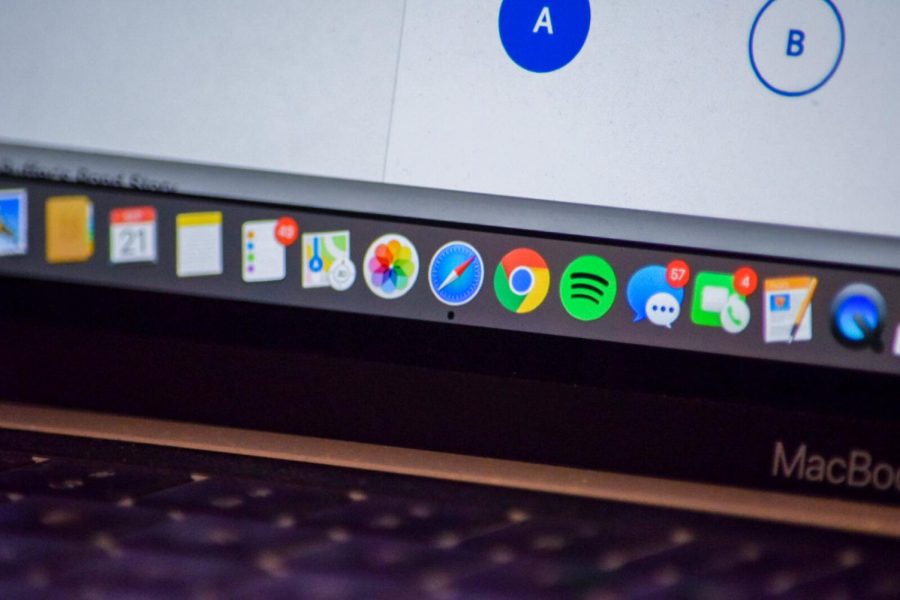Technology has become increasingly present in our daily lives, especially during the pandemic, when paper sales dropped dramatically. Our phones spit information at us every time we pick them up, our computers become smarter with every passing day and iPads have become a substitute for pen and paper.
The use of paper in classrooms, and everywhere else, continues to decline as computers, iPads and other technologies become the popular norm. Some professors, however, are not very happy about the increasing use of technology in the classroom.
Many students have been told by professors that no technology is allowed in their classrooms, with very few exceptions. Instructors cite studies claiming that writing with a pen and paper is more effective than typing on a computer or writing on an iPad. Many teachers also claim that any kind of technology is a distraction that keeps students from learning. There is evidence backing both claims, but I also like to think of the positives that have come from technology, like easier organization and access to notes.
I have had professors who didn’t allow technology in their classrooms, which I can accept to a certain degree. However, I cannot accept when a professor is not clear about their expectations and becomes upset when students have technology in class, with no prior rule about use of computers.
In a class last semester, I had a professor who was not clear about their expectations.
During syllabus week, this professor went over the usual information that you would expect: assignments, grading and academic honesty. He then continued, following in the footsteps of many other professors, to mention the studies that say it’s more effective to use pen and paper than to use technology. I felt frustrated, as I often do around this topic, because writing with pen and paper has never been my thing. I don’t find that it helps me learn better. The professor noted, however, that students were free to use technology if they found that better for notetaking. I sighed in relief, but that relief did not last long.
A week or two into the semester, this professor changed his mind. In the middle of a lecture, he demanded that everyone put away their technology. He then continued with the lecture as students sat there without any way to take notes. He did this multiple times throughout the semester.
I disconnected from that class immediately, and I noticed others do the same, sighing in frustration or rolling their eyes. I may have been in attendance, but the moment he told us to put our computers and iPads away and continued with the lecture, I stopped listening to everything he had to say. How was I supposed to learn when I couldn’t even take notes? Taking notes helps me focus on the class material.
The point of this anecdote is to emphasize one important point — I understand professors who do not like technology in their classrooms, but I cannot respect professors who say no to technology on a whim. If a professor does not feel comfortable having technology in the classroom, they must lay down those expectations early and stick to them. Otherwise, there will be unnecessary frustration on both ends.
I’d also like to invite those same professors to think of the students who can keep up with the lectures better by typing. Some students learn better, are more organized and successful by using technology. At the end of the day, it is important to recognize that everybody in a college classroom is an adult, and they have every right to choose how they learn information.
Katie Seda can be reached at [email protected] and followed on twitter @KatieSeda_.




















Alex • Mar 8, 2023 at 7:40 pm
As an alumni, where can I go to complain about this? A laptop should absolutely be allowed in a classroom. In the real world, especially at corporate jobs, the majority of the notes taken in a meeting are on a laptop. Any Professor not allowing the use of a laptop to take notes is putting their students at a disadvantage. Taking notes on a laptop is a basic skill everyone should know how to properly perform. The more practice you get, the better you become at it.